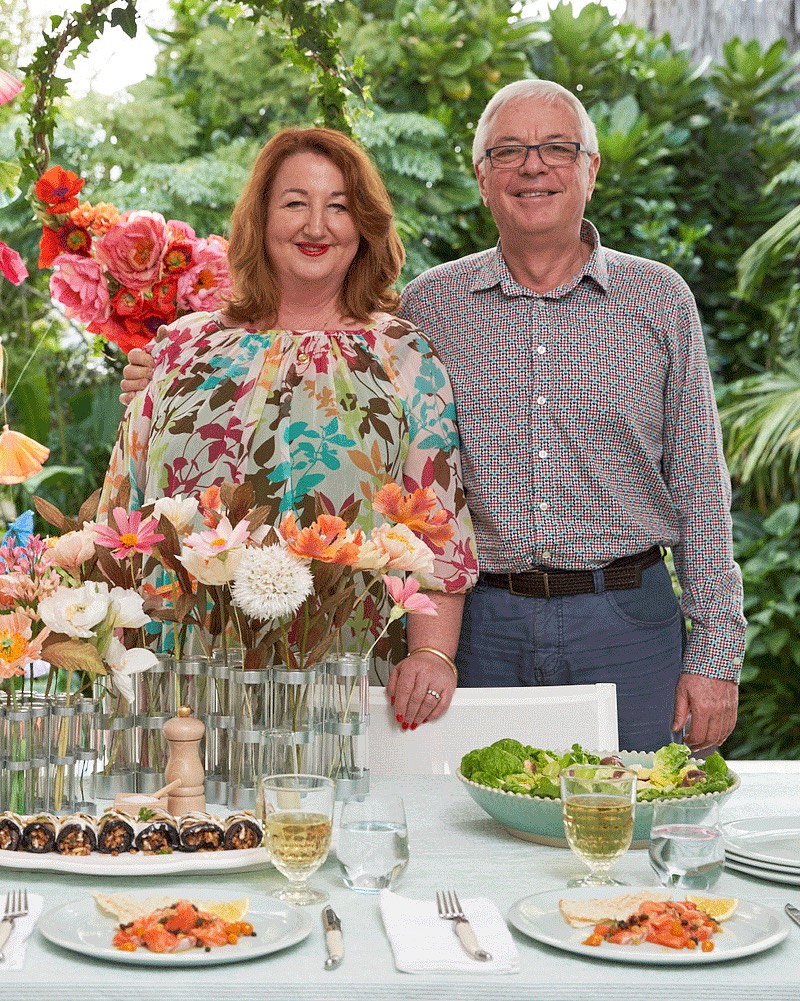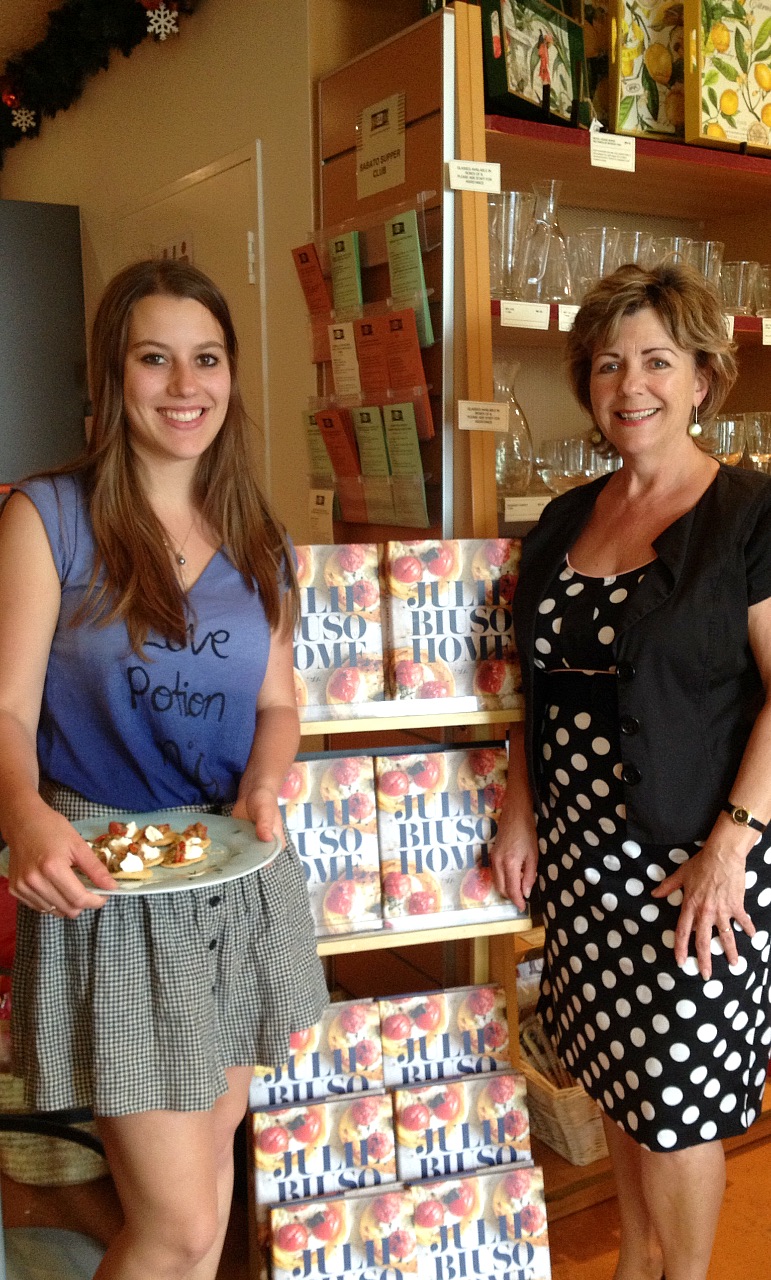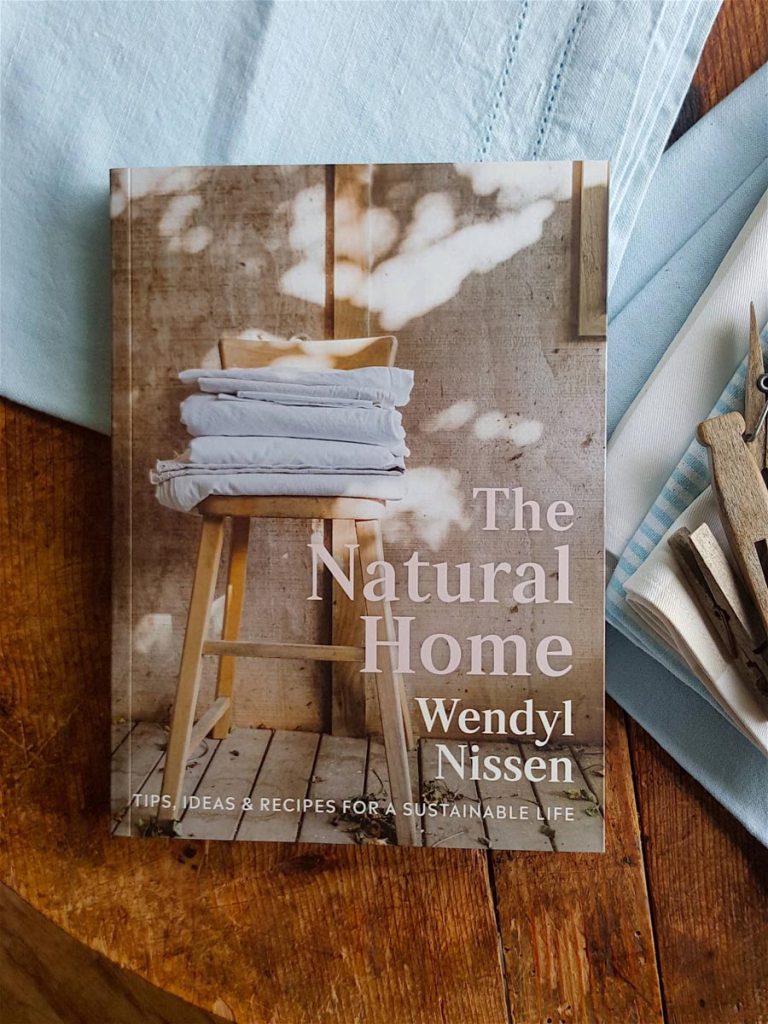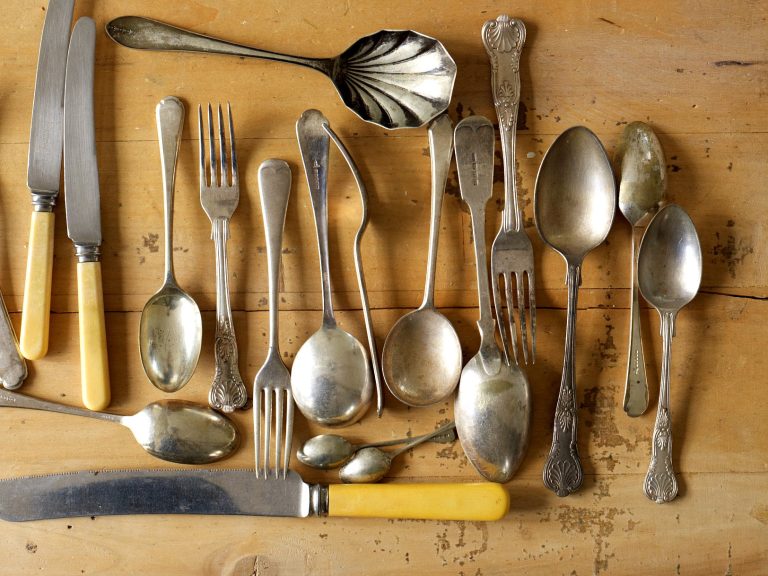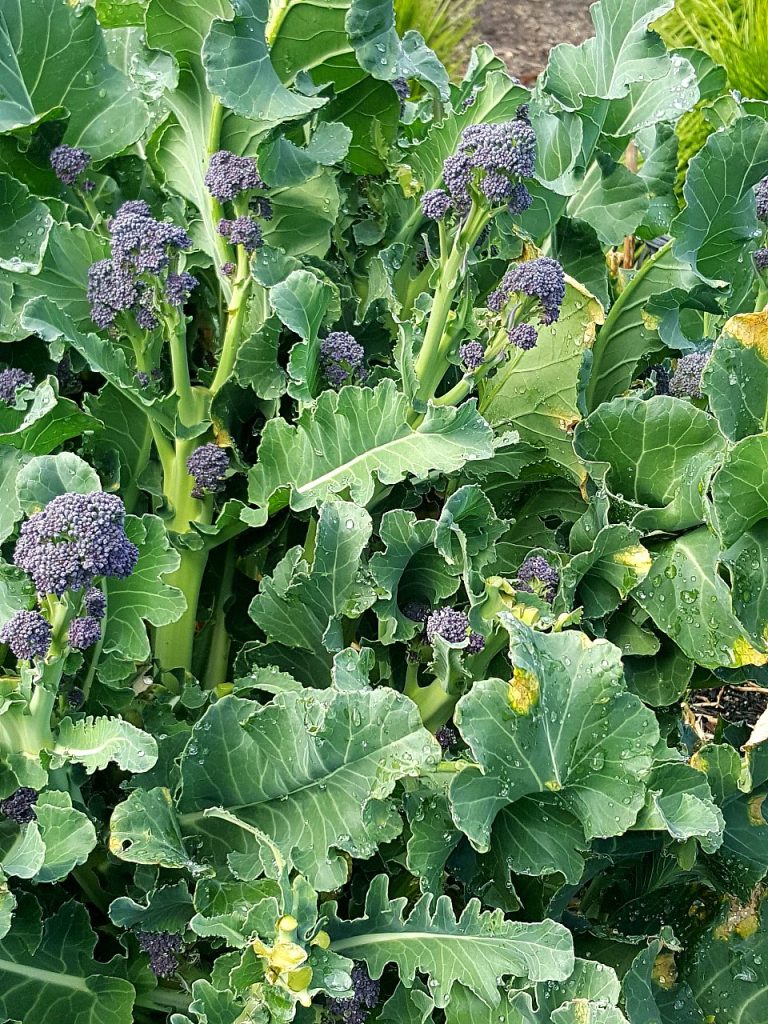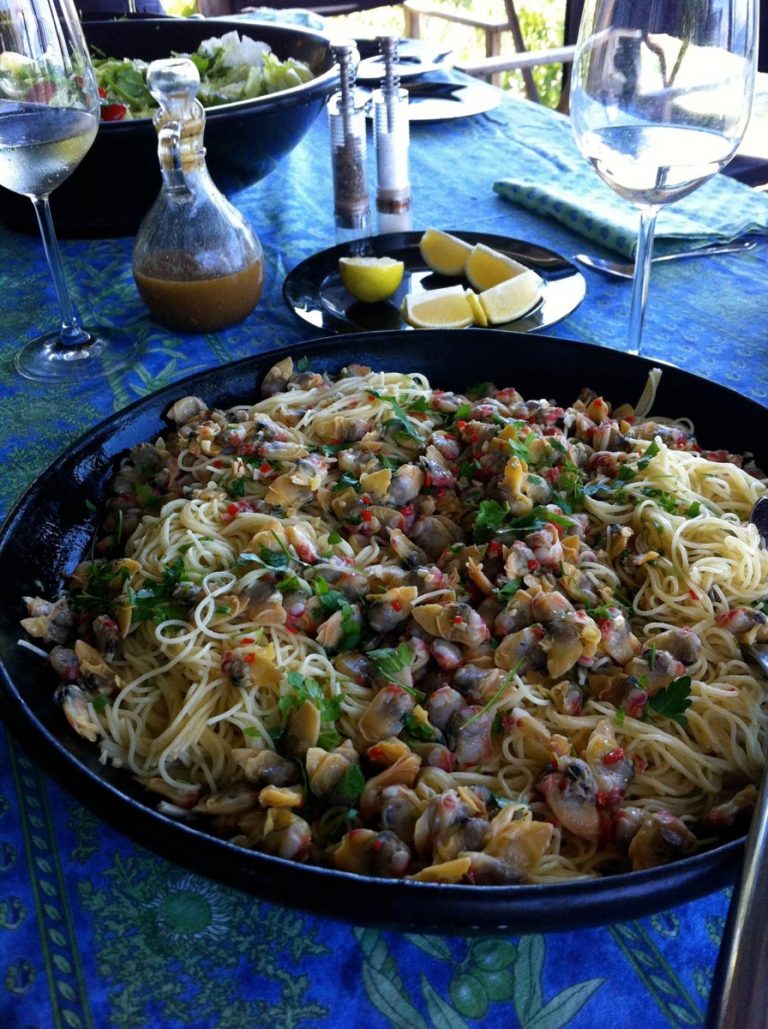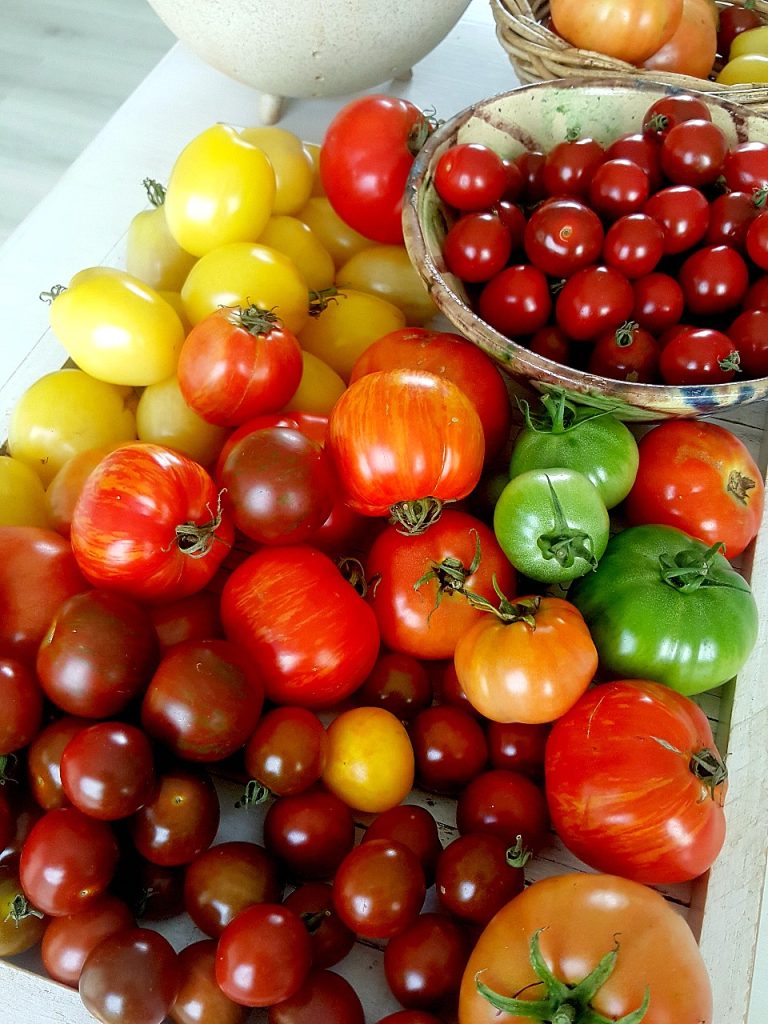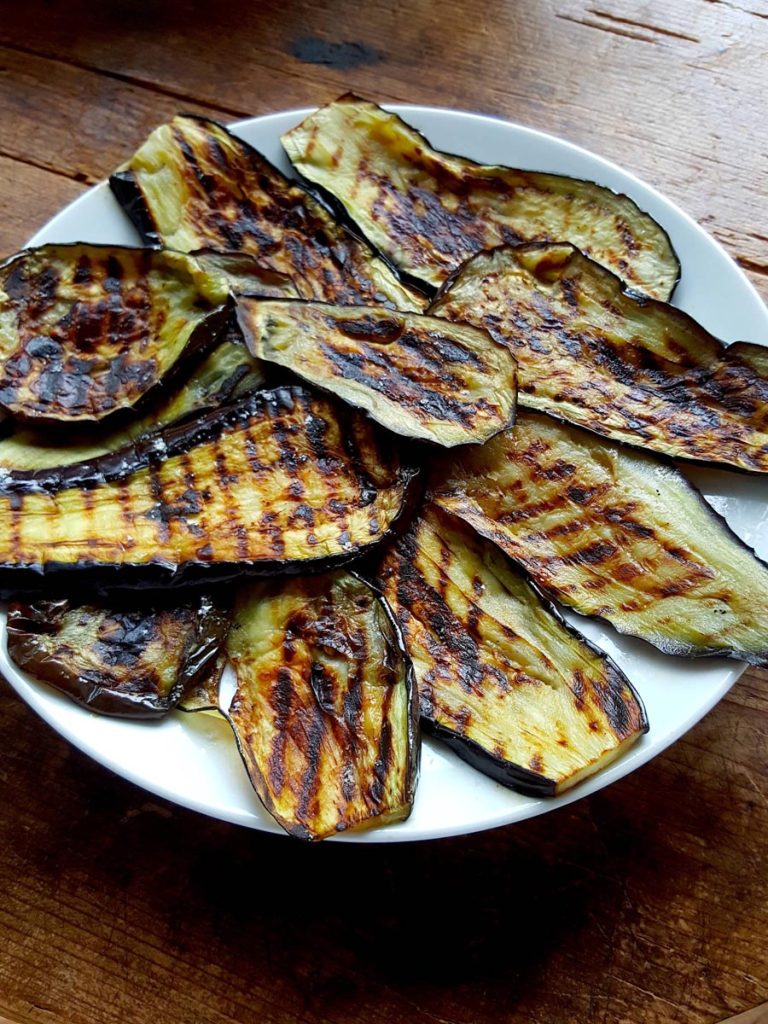30 years of exquisite food
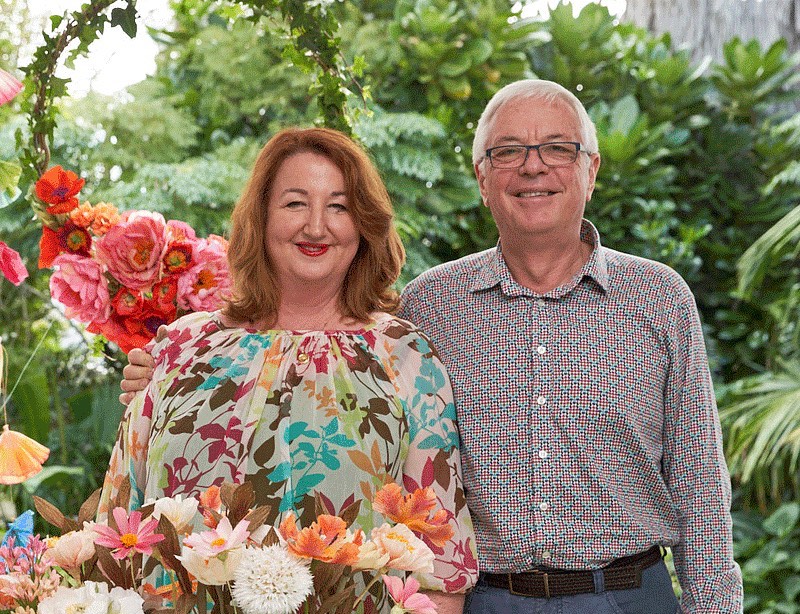
While writing a story about Jacqui and Phil Dixon and their New Zealand food business Sabato, I drifted back in time, recalling what Italian food products were available in New Zealand prior to the company’s launch in 1993. I dug out old magazines, lots of old magazines, and then folks, I went down a looooonnng rabbit hole.
I spent more than 33 years of my career working as a magazine food editor, which includes a 17-year stint at Cuisine magazine. In 1986, before leaving for a 3-month road trip around Italy with my Italian husband Remo, I had been commissioned by Cuisine magazine to keep an eye out for potential story ideas for the soon-to-be-launched magazine. I came back with a bulging suitcase stuffed full of delicious goodies, and a bulging stomach (true, I had over-eaten, but I was also pregnant!).
First things first, Julie Dalzell, editor of Cuisine, gave me carte blanche (or perhaps that should be carta bianca!) to write about anything. I wrote about our Italian travels, long stories spread over several issues, and in Issue 3, (June 1987), I covered parmesan, daring to give the cheese its proper Italian name parmigiano reggiano. We had carried home several monster wedges of it in our suitcases, courtesy of Remo’s family who live in Reggio Emilia, one of the few designated regions in Italy where parmesan can be produced. It is a superb eating cheese, but to New Zealanders at the time parmesan meant small cylindrical cardboard packs full of grated yellow stuff that at a sniff smelled like baby vomit. People in the know travelled to Sydney and brought back the real thing from there. Then the law was changed, and the cheese had to be vacuum-packed ‘at place of origin’ – you couldn’t just bring back a piece of cheese cut off a wedge in a deli. That didn’t stop visitors going to a Sydney market and buying a large wedge of cheese, getting it vacuum-packed on the spot and labelled with Italian branding. The quantity of parmesan travelling across the ditch in suitcases actually increased.
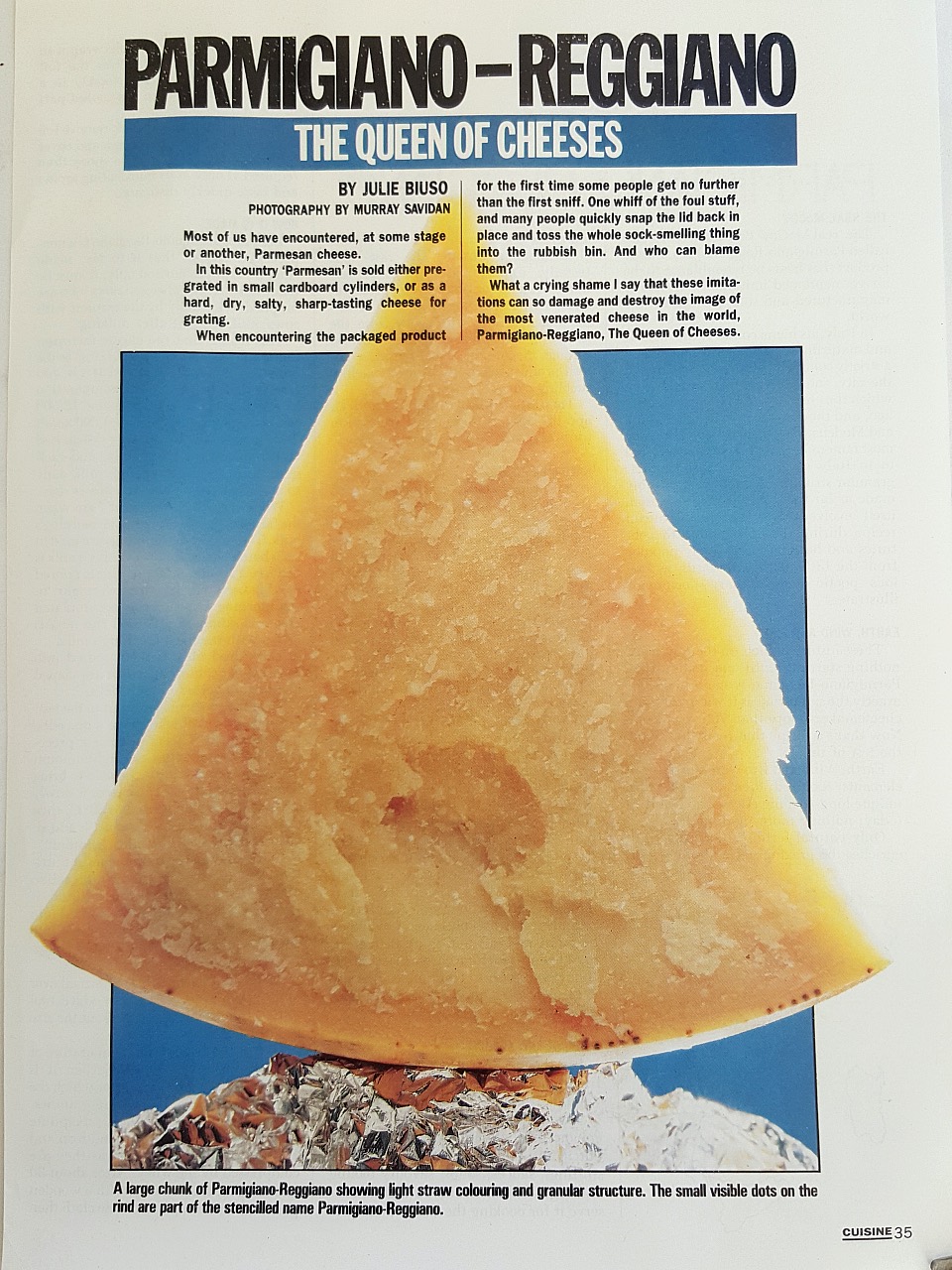
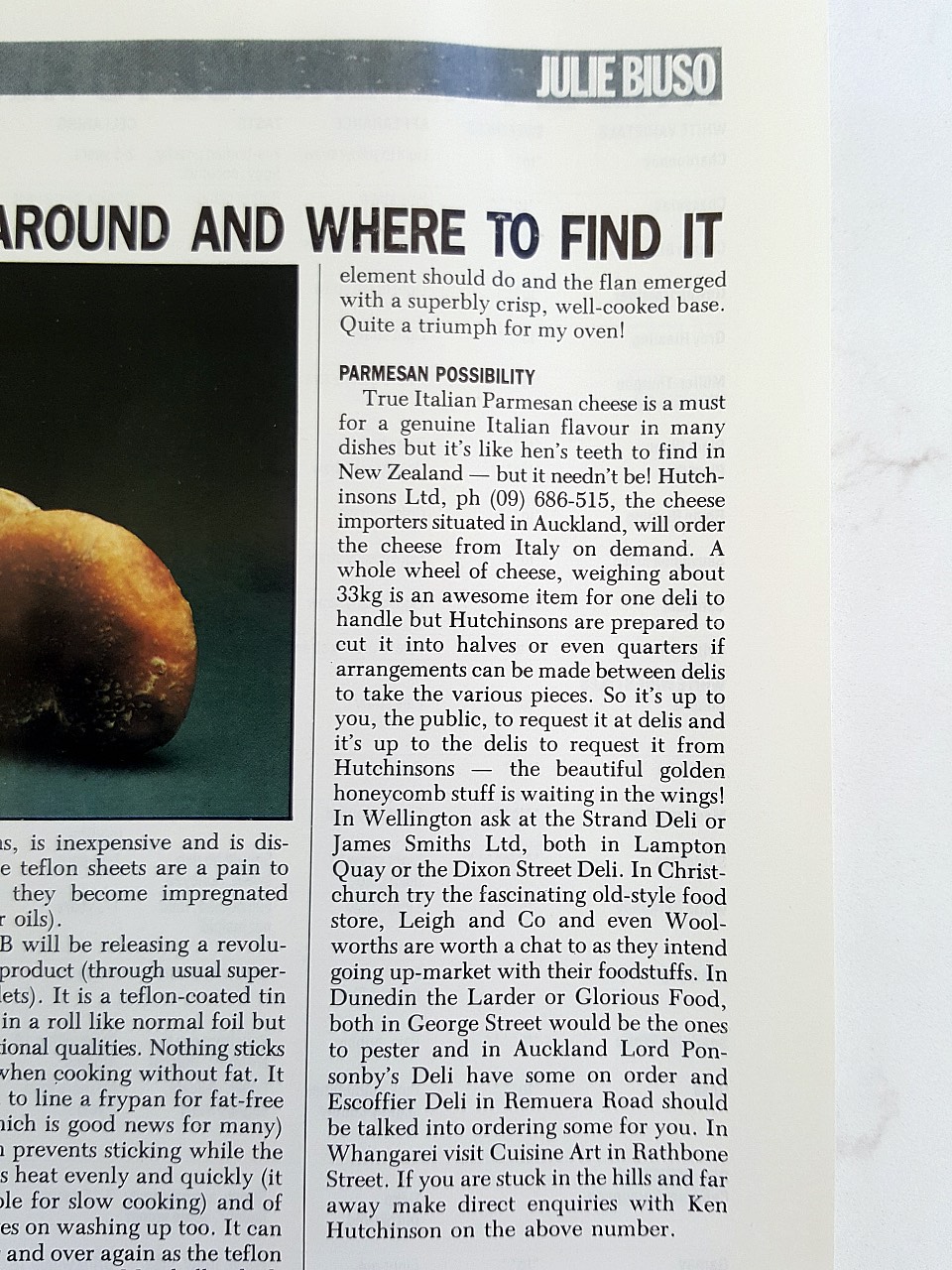
I then started a column in Cuisine called the Essential Store cupboard, starting with Italian ingredients. I listed parmesan as being available from Hutchinsons, probably the main importer of European cheeses into New Zealand at the time, Lord Ponsonby, which was a deli on Ponsonby Road owned by a young couple who had never worked in food before but who did their best to get up to speed, and another place called Foodies. In a separate piece I mention Wellington’s famed Dixon Street Deli and a few other serious and adventurous food stores around New Zealand. 36 years on, the corner dairy most likely stocks authentic parmesan.
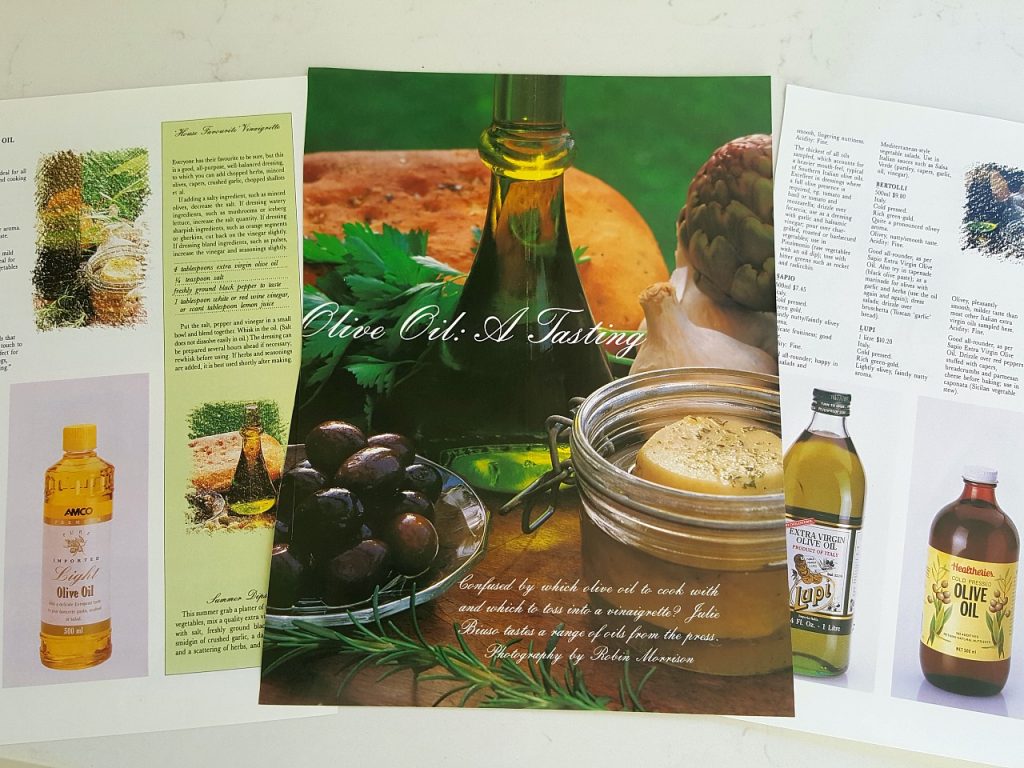
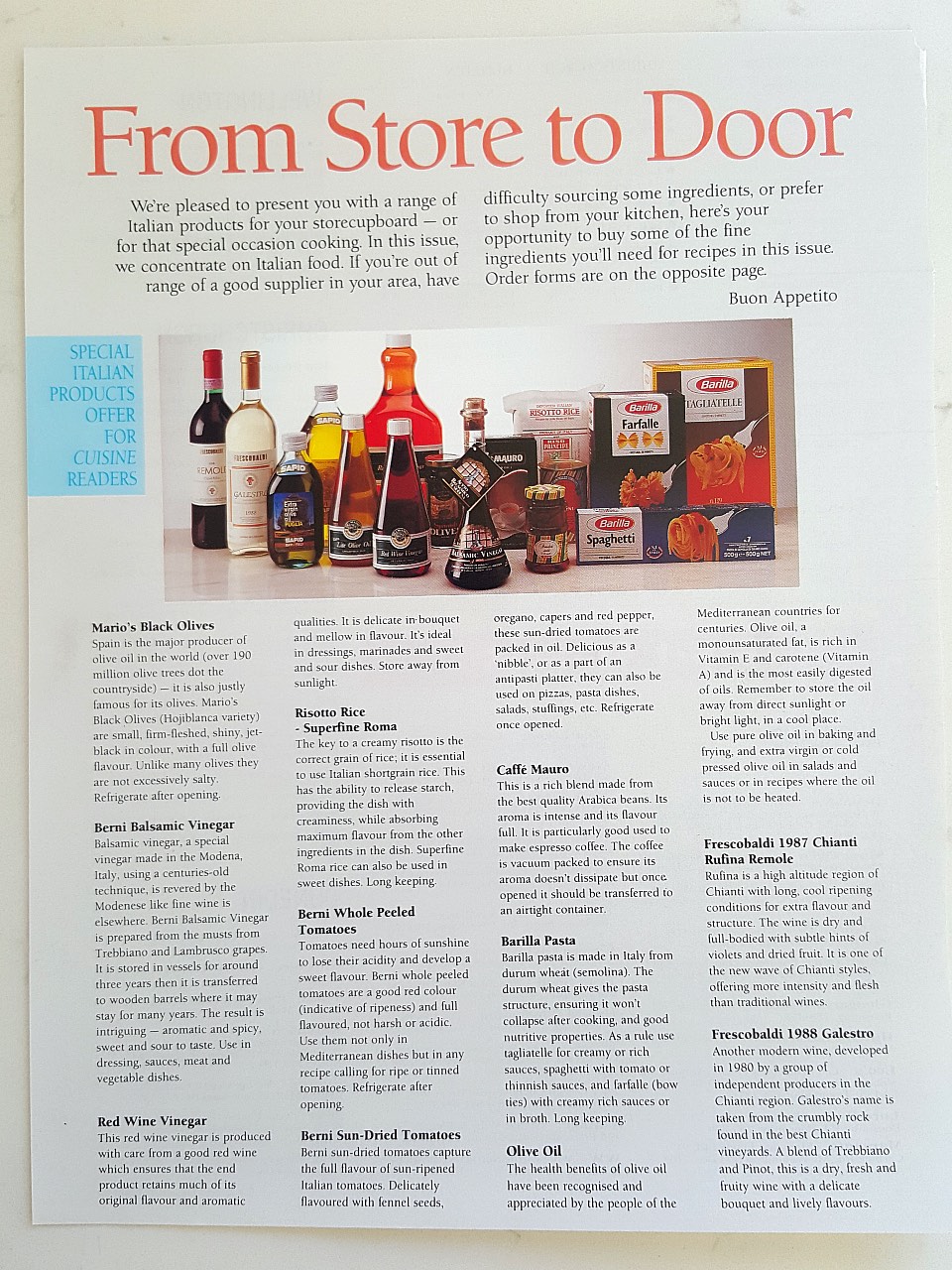
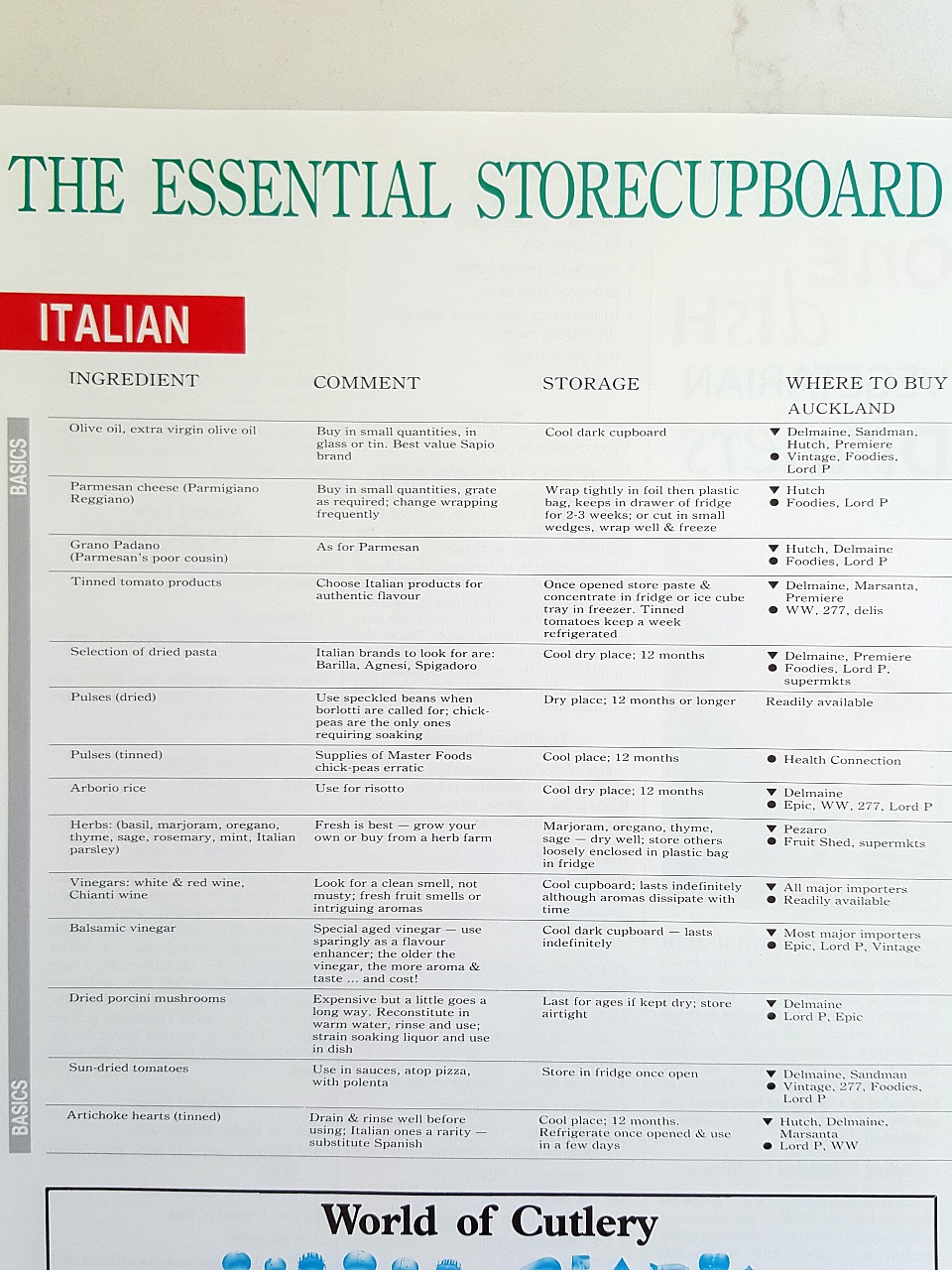
In the first six issues of Cuisine (it remains a bi-monthly publication), I covered polenta, gnocchi, risotto, focaccia, and porcini, and published interviews I had with Italian legend Marcella Hazan and her husband in their palazzo in Venice, and chef and author Giuliano Bugiali at his cook school in Florence. Back in New Zealand, I cooked for the Marchesi de Frescobaldi and his wife (the top knob of Frescobaldi wines) for a Cuisine magazine feature, and so it went on. Italian cuisine was hot, and I was stepping on the gas with little regard for where people were going to get the ingredients to make the recipes I was creating and sticking in magazines and in the books I was writing.
Importers asked me what I would like them to bring in, oh, cannellini beans, I’d say, and proper red wine vinegar. And artichokes in oil, and porcini mushrooms, and so forth. Enzo Bettio of Delmaine Foods went out on a limb to import Italian products such as olive oil, pasta other than spaghetti and maccheroni, including the very good Divella brand, and great canned tomatoes and tomato products. Several other importers got in on the act, but it was mostly about volume. No one had fully latched on to one key thing: quality. While it’s true that most Italian food and products are inherently good, some of them are exquisite, and it took a risky decision made by a plucky young couple to change the landscape.
One day in 1993 I got a call from a woman called Jacqui Dixon – no connection to the famed Dixon Street deli in Wellington – keen to have my opinion about some Italian products she and her partner were looking at importing. She knocked at the door, flounced in with a basket of premium Italian products, and the rest, as they say, in the laziest cliché there is in journalism, is history. Let’s unpack the history!
A friend of Jacqui’s had suggested she meet Simon Johnson in Sydney for a chat. Simon had lots of Kiwis flying over to buy Crespi sun-dried tomatoes (outrageously popular back then), Colonna EVOO (extra virgin olive oil), Rustichella pasta, parmigiano reggiano and other premium products. At the time, Jacqui, an ex-coronary care nurse, was doing casual work for the Heart Foundation, but that was all to change. She and husband Phil determined that there was a market for premium artisan products in New Zealand, and they decided to set up a business: they were smitten. Phil did a marketing course and they plunged in, two kids going along for the ride. They got a container load of product underway and thought if it didn’t work out, they would sell it to friends, and they’d still be friends after anyway because they’d feast on it like kings for years to come.
Jacqui says, “The garage below our house was cleared out – the cars had new homes on the street. The first delivery truck arrives. Down the driveway it comes – and the driveway breaks up! Thereafter, all deliveries were dropped off at the top of the drive and carried down by hand. All courier pick-ups carried up the driveway. Restaurant and retailer deliveries by way of an old Alfa with the back seat down.” Jacqui recalls that while not all chefs saw the merit in paying more for quality, enough did, and by 1995 they were confident enough to lease commercial premises and employ their first staff member. Today they employ around 30 people.
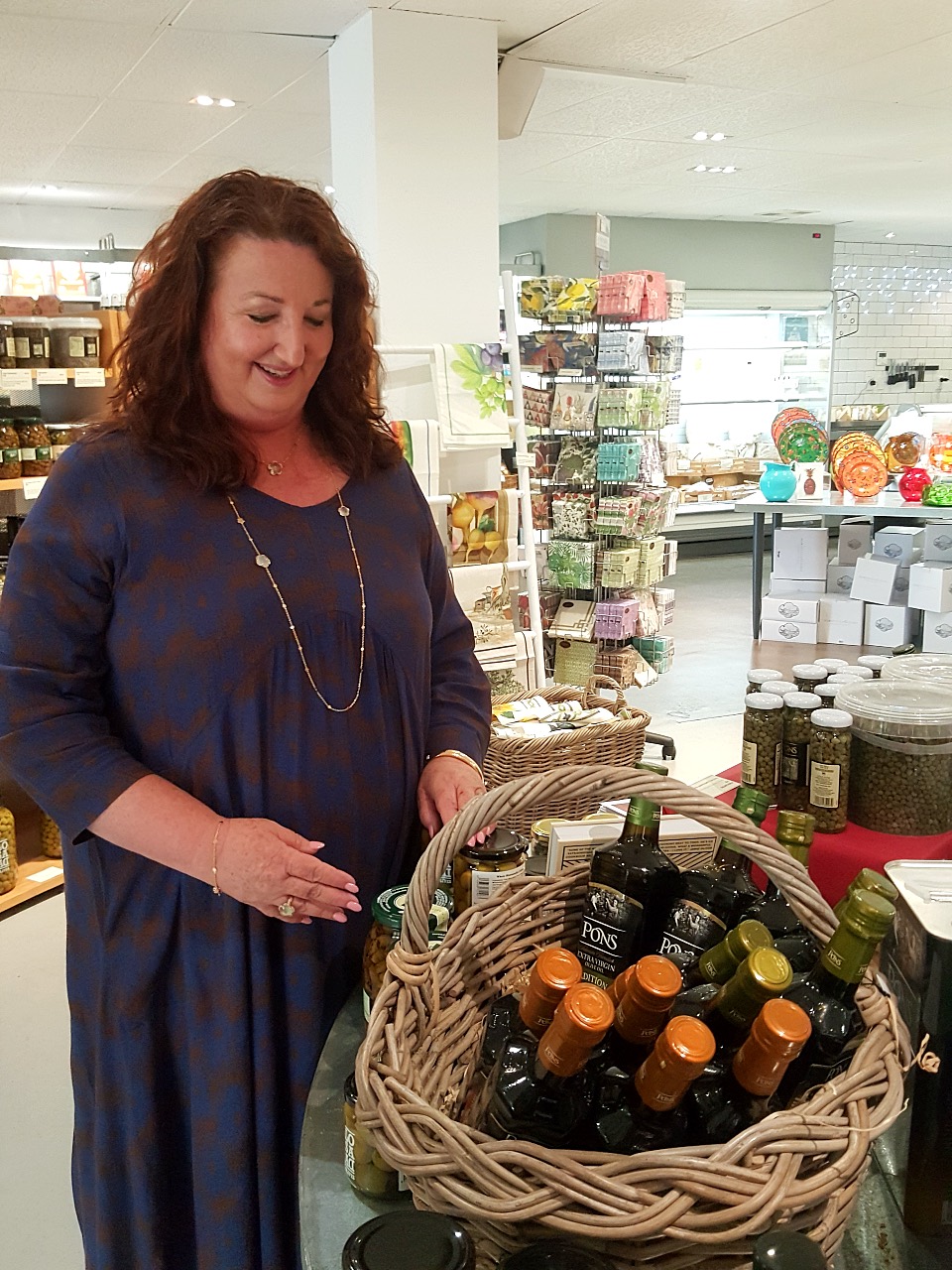
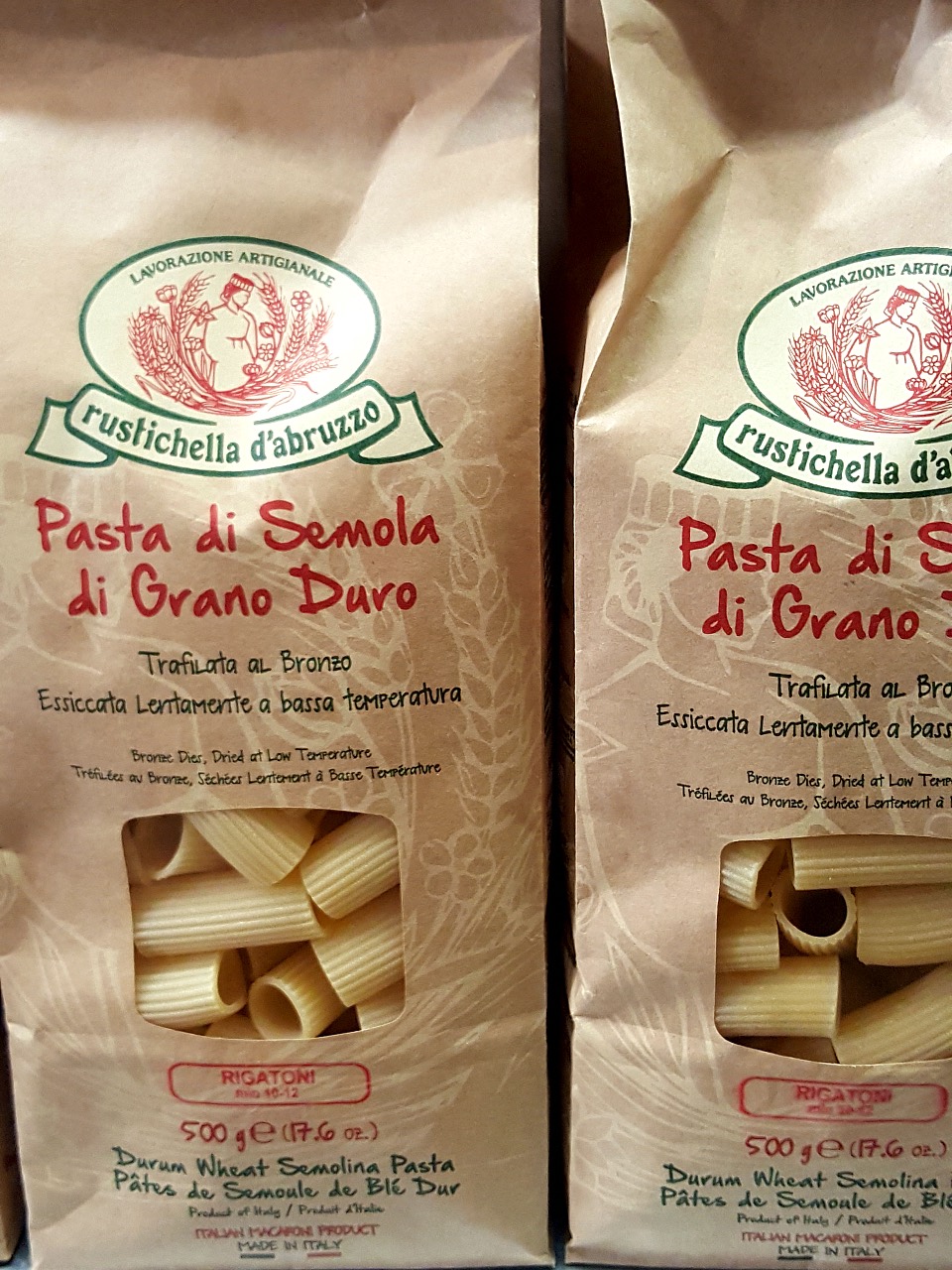
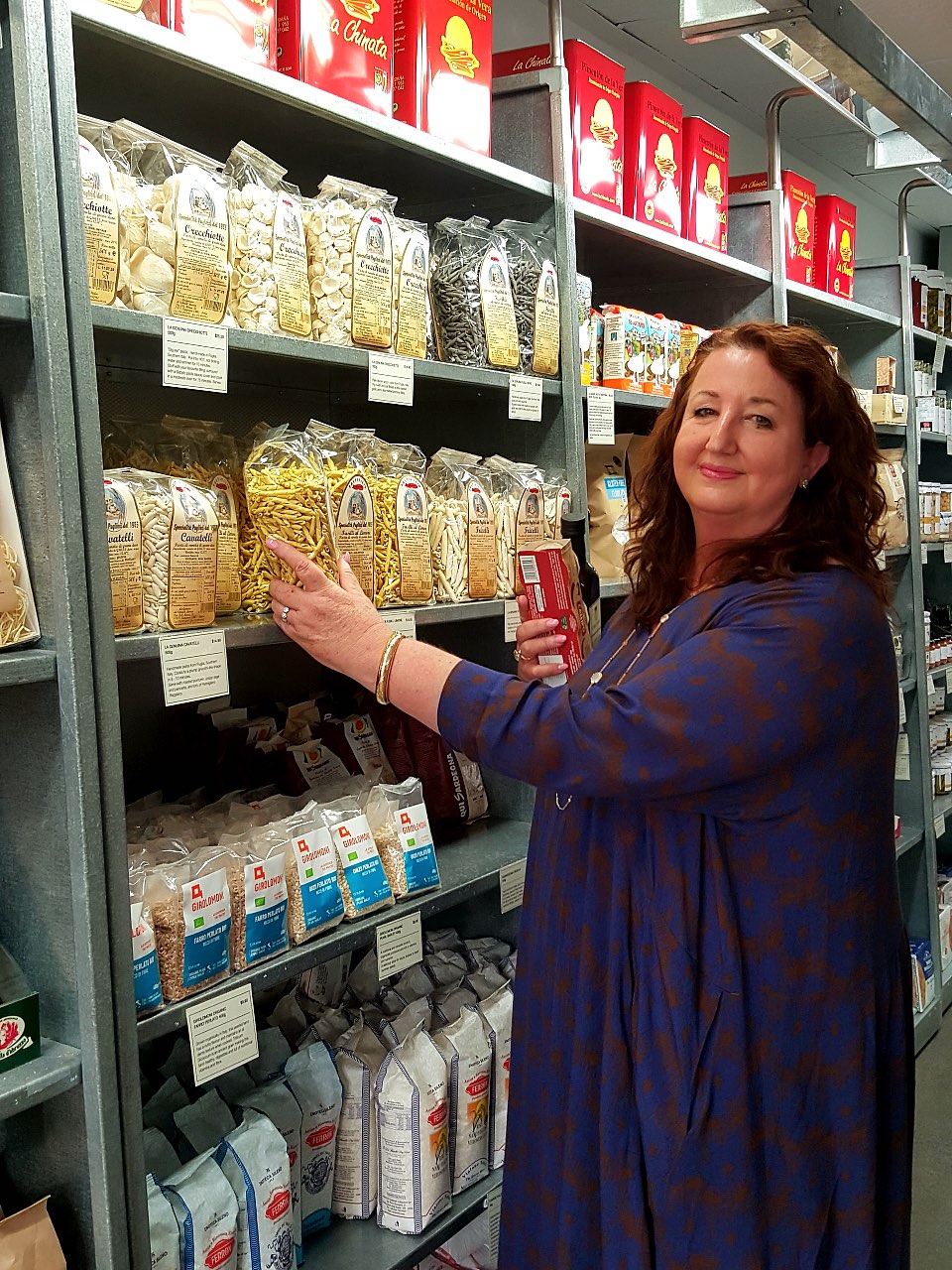
The quality of the ingredients was stunning. While the products were new to many New Zealanders, there was now somewhere they could buy ingredients to make all the delicious-looking recipes featured in Cuisine magazine. And we pushed hard in the magazines – I was concurrently food editor of MORE magazine, writing around a dozen recipes a month, and later, when that magazine was swallowed up by its new Australian counterpart after 13 years, and I was food editor of Viva, NZ Herald as well as continuing on with Cuisine, I kept at it, writing 3 books on Italian food along the way. But I’m getting ahead of things.
Jacqui continues, “Back then planning for trips to Europe to meet suppliers required meticulous planning. There was no internet, and language was a problem, especially in the small villages we found ourselves in. We didn’t want to bring in mainstream products, we wanted hand-made specialities, premium products made from family recipes that had been handed down, products that were made traditionally, rather than industrially, real artisan products. Discovering these new suppliers, then introducing their products in New Zealand and seeing them become successful has been very gratifying.”
It’s testament to that ethos that many of the products selected 25-30 years ago remain key product lines for Sabato to this day, including Ferron risotto rice, Rustichella pasta, Salvagno olive oil and paste, Colonna lemon oil and Flamigni nougat. And there’s one product that stunned even Jacqui and Phil: La Chinata Smoked Paprika. “It’s ridiculously popular,” Jacqui muses.
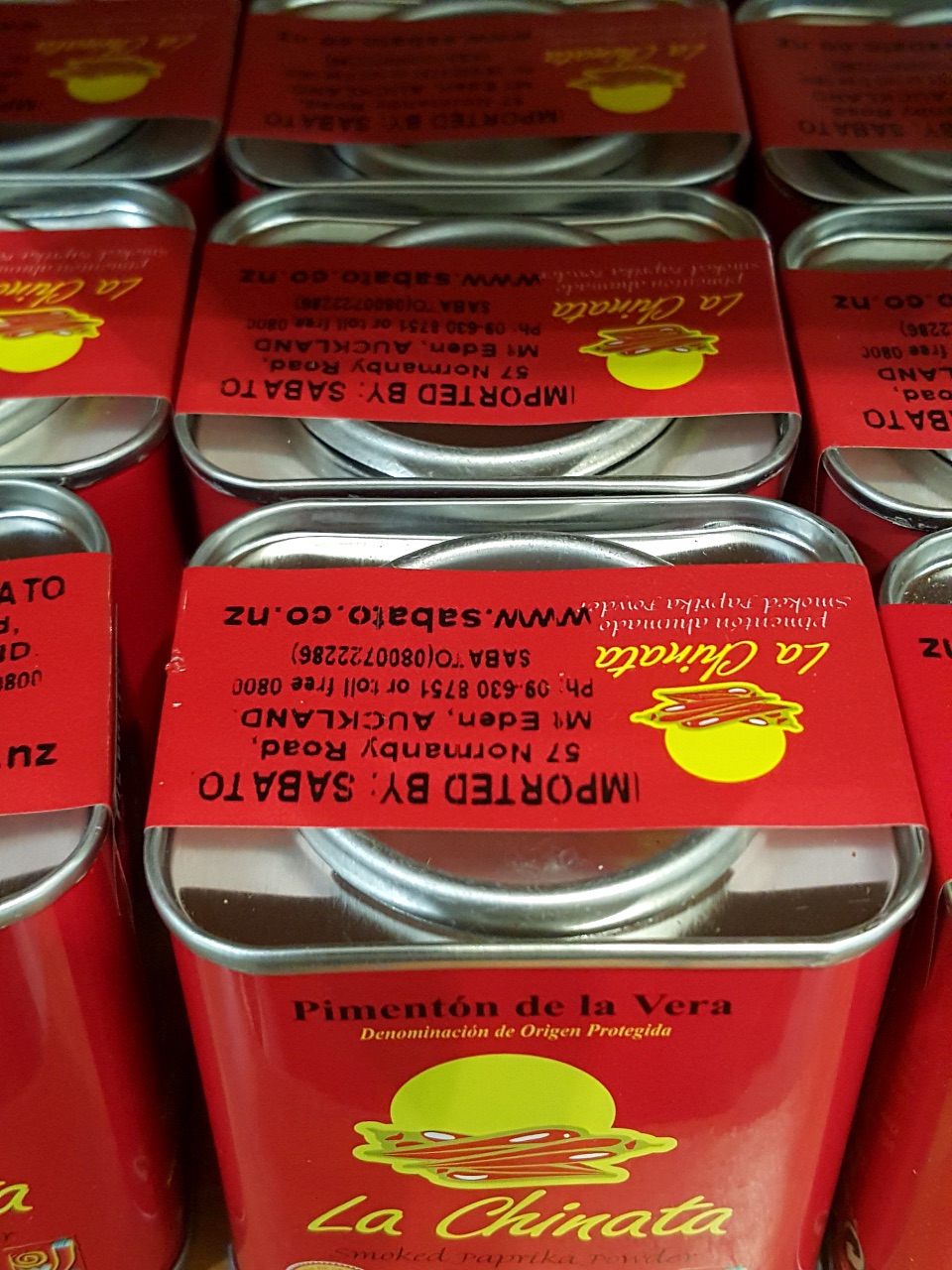
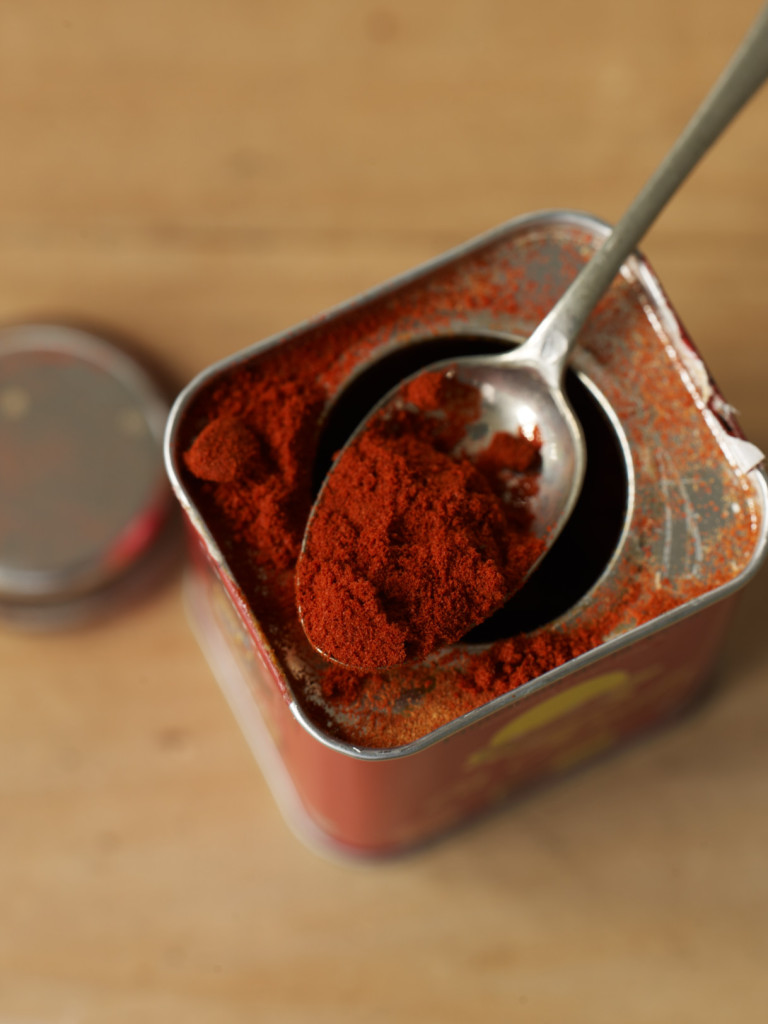
Over the 30 years they’ve been in business the Dixon’s have made friends with their suppliers, and with their suppliers’ children who now work in many of the family businesses, and they’ve hosted many of them here in New Zealand. “Salvagno (EVOO) is 100 years old, and the family doesn’t intend to change what they do”, says Jacqui.”The younger generation have embraced the heritage brand and although tech improvements have been made, they still use the old steel mill for crushing the olives, though it is now mechanised. It suits their delicate varieties of olives and gives the consistent almondy-artichokey flavoured olive oil they are loved for.”
For a business to be successful, it needs more than great products. “It’s about the customers, offering them a premium experience,” says Phil. “We wanted Sabato to be a destination and shopping to be an experience, with knowledgeable staff.”
“We put a toybox in the shop so mums could put their kids there while they shopped, and we used to offer coffee on arrival,” Jacqui says. Tastings were an important part of Sabato’s marketing. The shop was laid out with a tasting table in the centre and customers coming for a look-see, would have a taste, encouraged by staff, and invariably leave with a basket of products. “That is how you sell,” Jacqui enthuses, “We got food in people’s mouths, and we let the products sell themselves.”
While parmigiano reggiano may still be king (or queen!) of the Sabato cheese cabinet, there are plenty of other delicious choices, including charcuterie, and the shelves are stocked with grains, pulses, pasta and rice; truffle and mushroom products; sauces, pastes, chutneys; oils, vinegars, verjuice and vincotto; nuts, herbs and spice; chocolate, confectionery and baking ingredients; olives, antipasto ingredients; and fruits, jams and conserves.
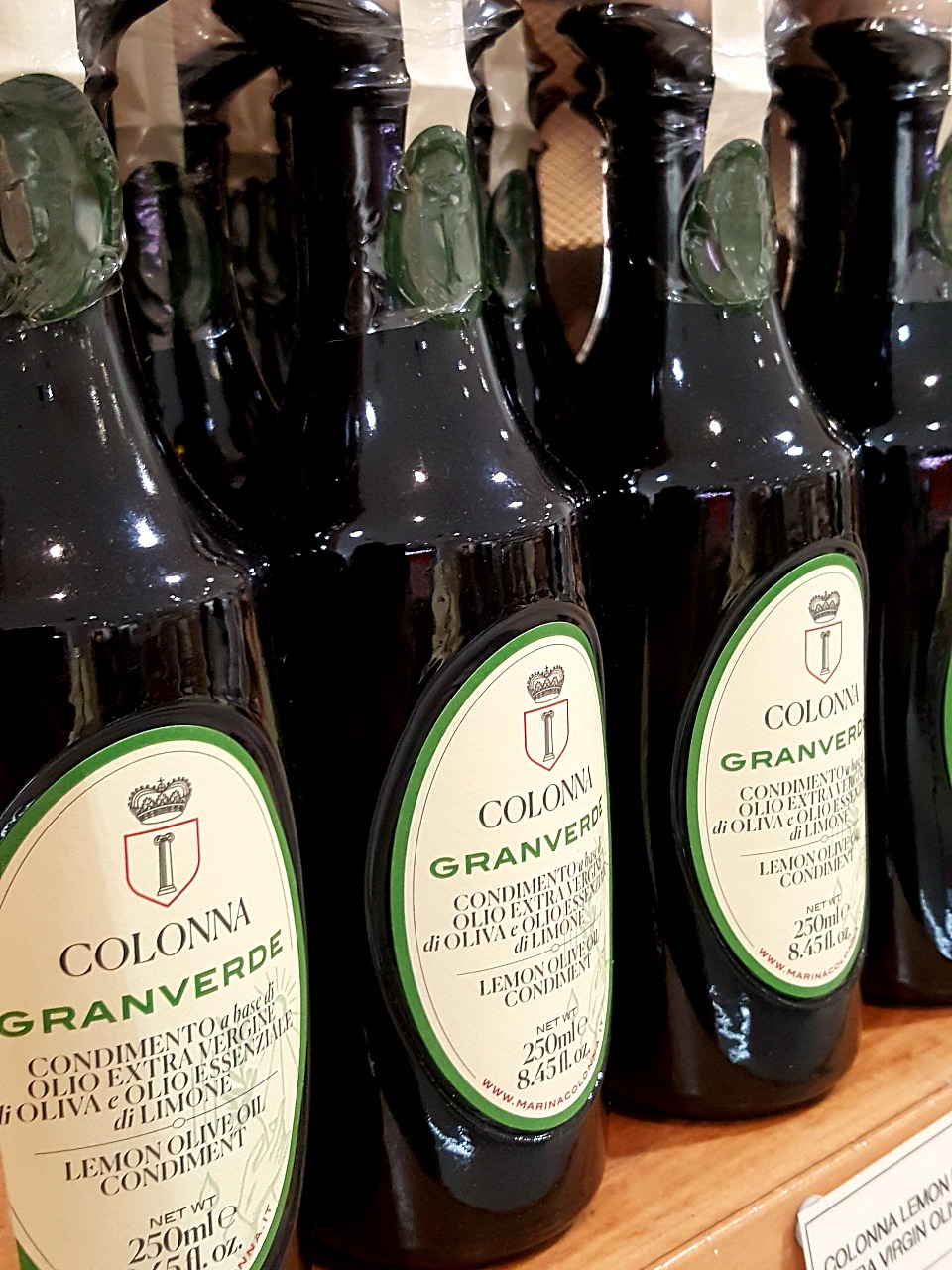
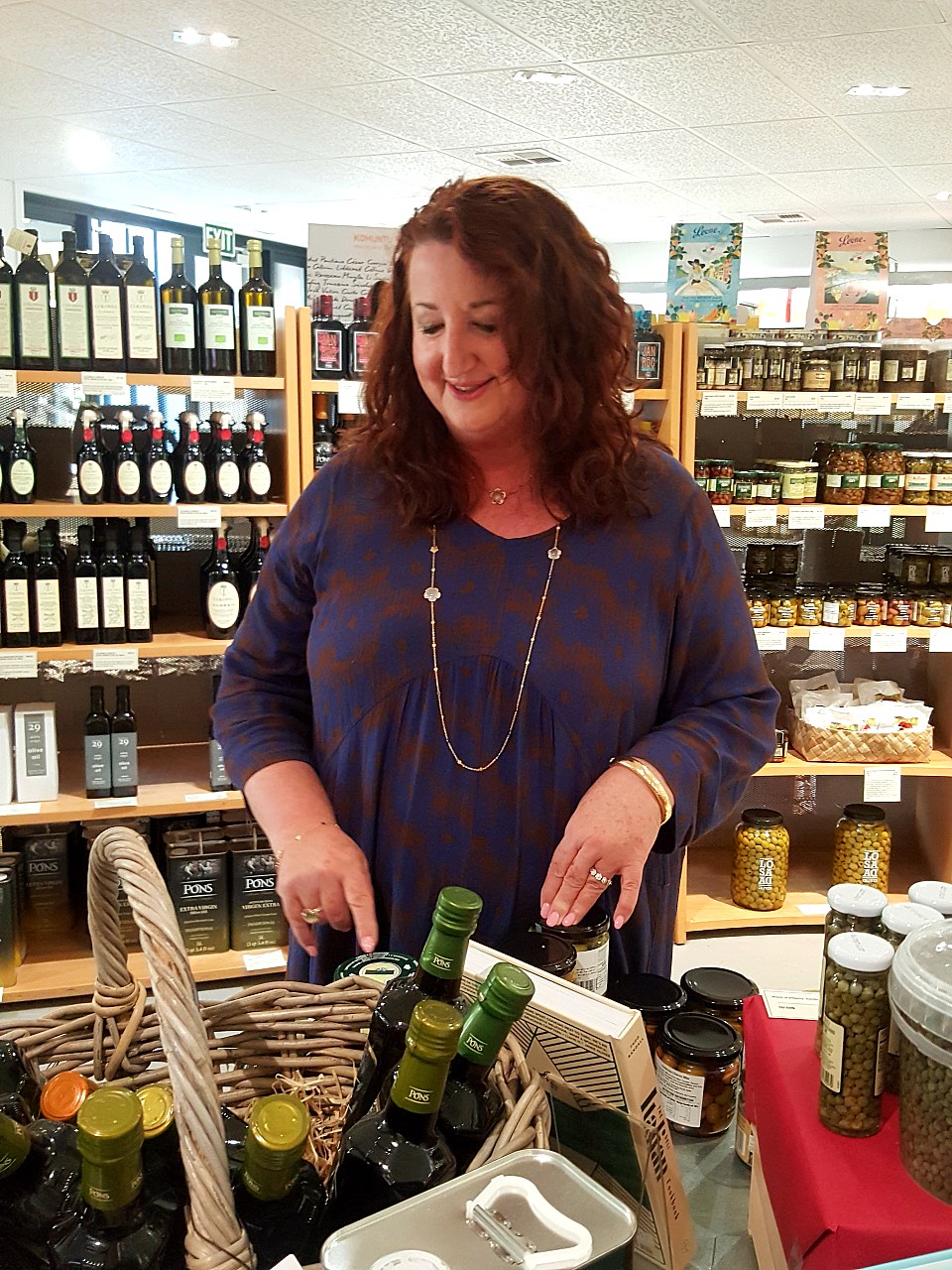
Sabato has its own-brand products, and others by foodwriter Julie Le Clerc, and Chef Kate Fay, ex Cibo, has joined the Sabato stable as head of the commercial kitchen producing a range of frozen gourmet meals. Kate recently became coeliac and has developed a gluten-free flour, now sold by Sabato (see recipe) GF Cheese Scones
Jacqui and Phil say it has taken 30 years to build an institution, and while they would like to rest for a bit and enjoy what they have achieved, with both their children now living in the UK it won’t be long before they plan another trip to the northern hemisphere to gather up more culinary delights for us to enjoy.
To be in to win a hamper of scrumptious goodies from Shared Kitchen and Sabato, go to Win with Sabato
Shop at Sabato
Instore and online 7 days a week Phone 09 6308751 or toll free 0800 SABATO (0800 722286)
Email orders [email protected] Shop online www.sabato.co.nz
